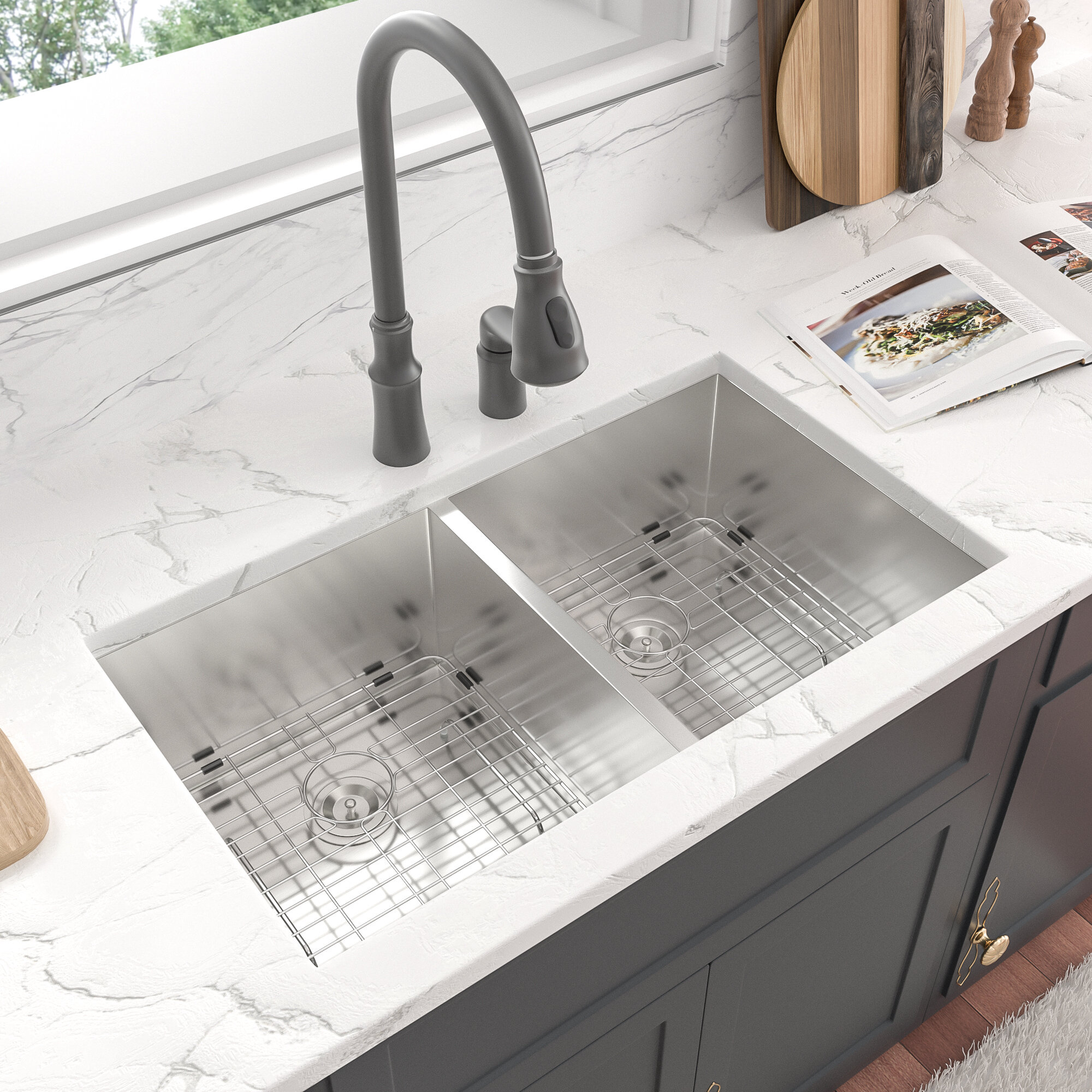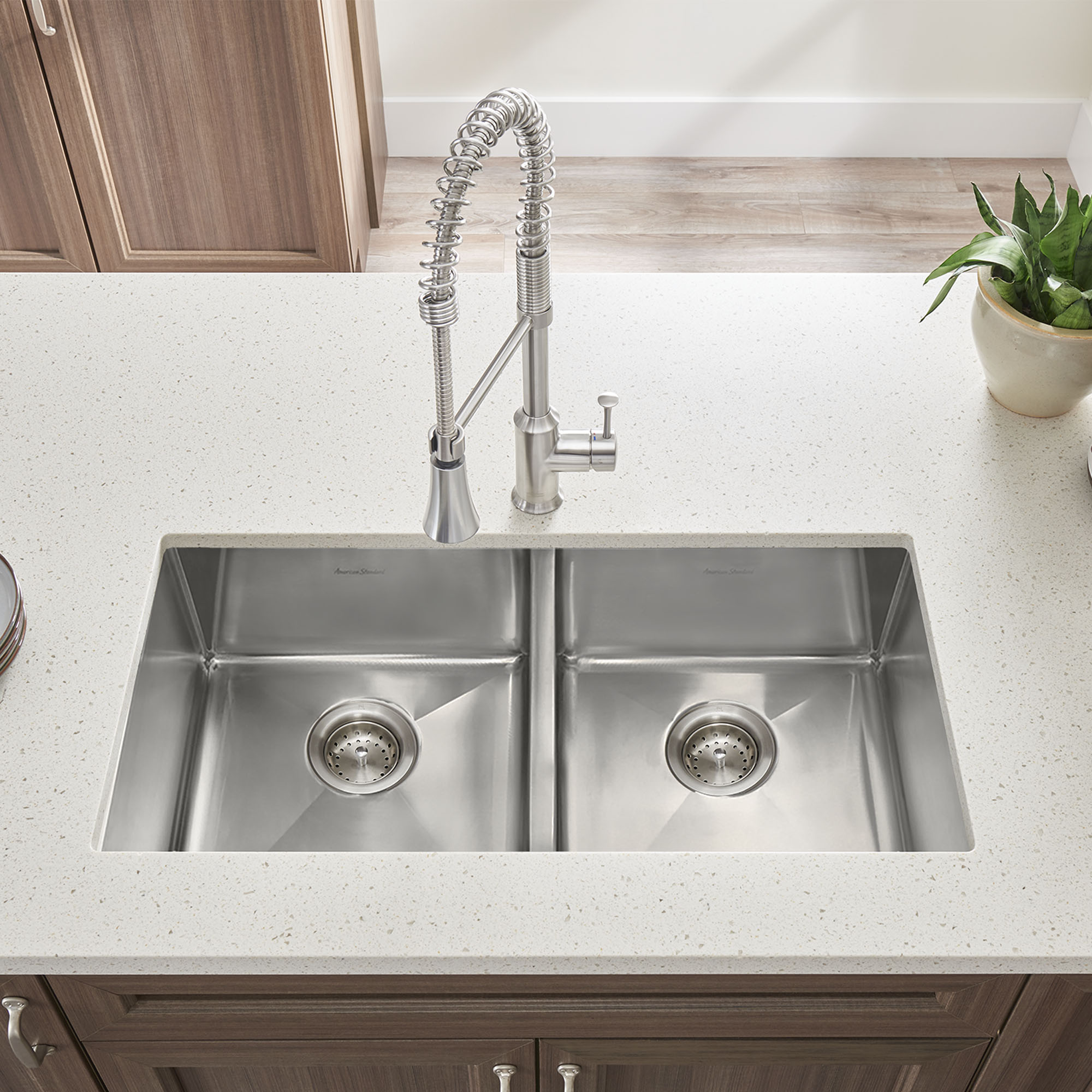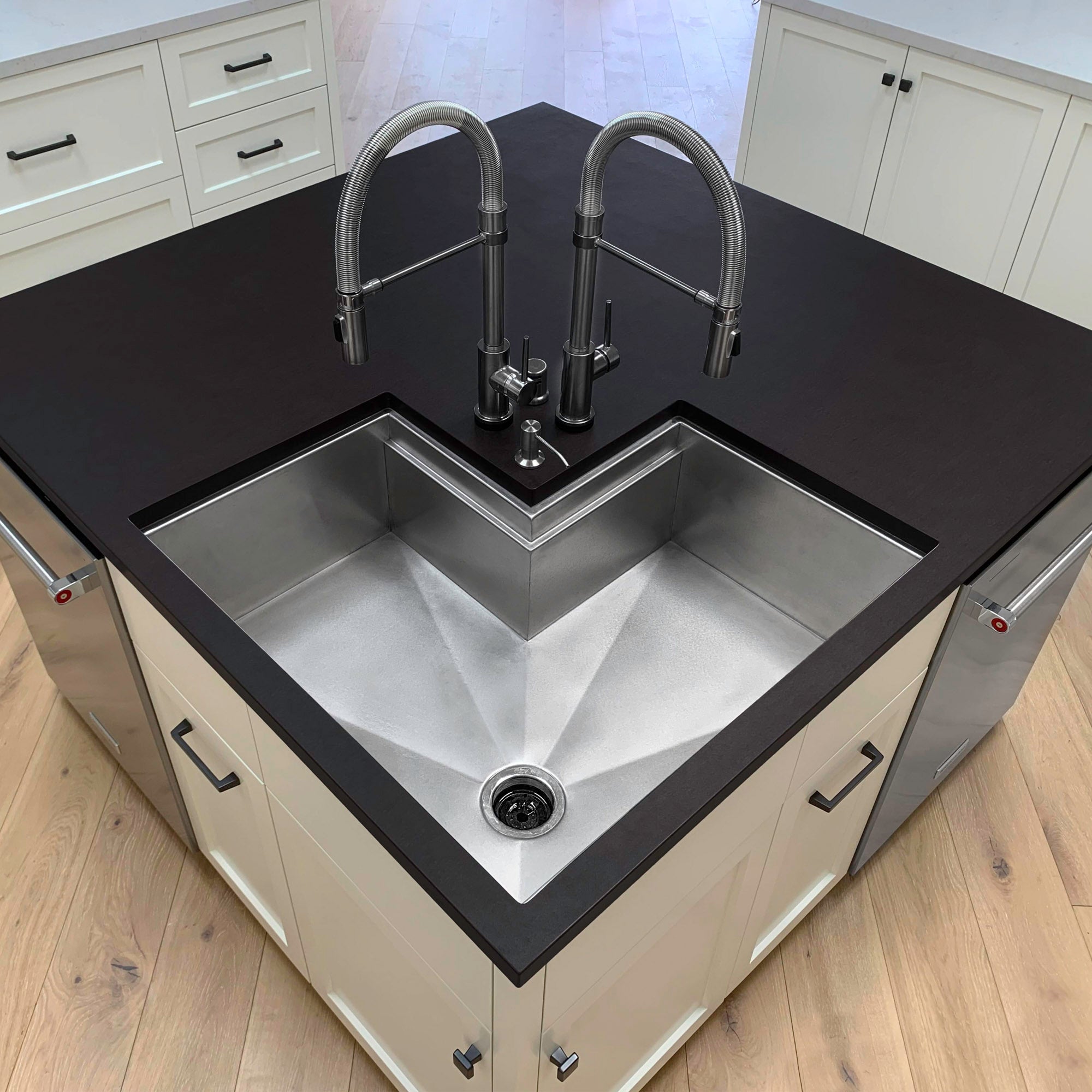I. Introduction: Understanding the Importance of a Clear Kitchen Drain
A well-functioning kitchen drain is an essential component of any household, ensuring seamless waste disposal and maintaining a hygienic environment. However, it’s not uncommon for kitchen drains to become clogged due to the accumulation of food particles, grease, soap scum, and other debris. Clogs can lead to slow drainage, unpleasant odors, and even water backups, causing significant inconvenience and potential damage to your plumbing system. This article presents proven techniques to unclog your kitchen drain effortlessly, allowing you to maintain a clean and efficient sink without resorting to costly professional interventions or harsh chemical solutions.

II. Initial Assessment and Preparation
Before diving into unclogging methods, it’s crucial to assess the severity of the blockage and prepare accordingly. Start by observing the draining speed and listening for gurgling sounds, which may indicate a deeper issue in the drainpipe. Next, gather necessary tools and materials, such as rubber gloves, a plunger, a drain snake (auger), baking soda, vinegar, and a bucket for water removal. Ensure that you have adequate lighting and workspace around the sink to perform the tasks comfortably.
III. DIY Plunging: A Simple yet Effective Solution
Plunging is a time-tested method for dislodging minor to moderate clogs in kitchen drains. Begin by sealing the overflow hole (if present) with a damp cloth or duct tape to create a vacuum. Fill the sink partially with hot water, ensuring there’s enough to cover the plunger’s cup. Place the plunger over the drain opening and apply steady, forceful downward pressure followed by quick upward pulls. Repeat this motion for about 20 seconds or until the water starts draining freely. If plunging doesn’t yield results, proceed to the next technique.

IV. Natural Enzymatic Cleaners: An Eco-Friendly Alternative
For those seeking a gentler, environmentally friendly approach, natural enzymatic cleaners can effectively break down organic matter causing clogs. These cleaners contain bacteria and enzymes that digest the accumulated food waste, grease, and other debris, turning them into harmless substances that can easily flow down the drain. Pour the recommended amount of cleaner into the drain, followed by a cup of warm water. Allow the solution to work overnight, then flush the drain with hot water in the morning. Regular use of enzymatic cleaners can also help prevent future clogs by maintaining a clean drain.
V. Baking Soda and Vinegar: The Power Couple of Home Remedies
Baking soda and vinegar form a chemical reaction when combined, producing carbon dioxide bubbles that can dislodge stubborn clogs. Start by pouring half a cup of baking soda down the drain, followed by half a cup of vinegar. Cover the drain with a plug or a cloth to trap the fizzing action inside. Wait for 30 minutes to an hour, then pour boiling water down the drain to flush out the loosened debris. If the clog persists, repeat the process or consider using a drain snake.

VI. Utilizing a Drain Snake (Auger): For Deeper Blockages
When simpler methods fail to resolve the issue, a drain snake (or auger) can be employed to reach and break up more stubborn clogs located further down the drainpipe. Insert the snake into the drain, turning the handle clockwise to feed the flexible cable into the pipe. Once you encounter resistance, continue turning while gently pushing forward to penetrate and break apart the obstruction. Slowly retract the snake, removing any extracted debris as you go. Finish by flushing the drain with hot water to clear any remaining particles.
VII. Prevention Is Key: Tips to Keep Your Kitchen Drain Clog-Free
While these techniques can effectively unclog your kitchen drain, prevention is the best strategy to avoid recurrent issues. Implement the following habits to maintain a clear and efficient sink:
- Regular Maintenance: Monthly applications of natural enzymatic cleaners or the baking soda-vinegar solution can help prevent clogs by keeping the drain free of buildup.
- Proper Waste Disposal: Scrape excess food from dishes into the trash before rinsing, and avoid pouring grease or oil down the drain. Instead, allow them to solidify and dispose of them in the garbage.
- Use Sink Strainers: Install mesh strainers in your sink drains to catch food particles and hair, preventing them from entering the pipes.
- Hot Water Flushing: Routinely pour a kettle of boiling water down the drain to dissolve and wash away any accumulating grease or soap scum.
VIII. When to Call a Professional Plumber
Despite your best efforts, some clogs may prove too challenging to tackle on your own. If you experience recurring clogs, slow drainage despite multiple attempts at clearing the blockage, or suspect a problem with your main sewer line, it’s time to call a professional plumber. They will have advanced tools and expertise to diagnose and resolve complex issues efficiently, protecting your plumbing system from potential damage.

IX. Conclusion: Empowering Yourself with Knowledge and Tools
Dealing with a clogged kitchen drain can be frustrating, but armed with the right knowledge and tools, you can effectively unclog your sink without relying on expensive professionals or harmful chemicals. From DIY plunging and natural remedies to utilizing a drain snake, the techniques outlined in this article provide a comprehensive guide to restoring your kitchen drain to optimal functionality. By incorporating preventive measures into your routine, you can further ensure a clog-free and efficient sink for years to come.

X. FAQs: Addressing Common Queries
Q: How often should I clean my kitchen drain? A: Aim to perform monthly maintenance using natural enzymatic cleaners or the baking soda-vinegar solution to keep your drain clear of buildup.
Q: Can I use chemical drain cleaners instead of natural methods? A: While chemical drain cleaners can be effective, they are harsh and potentially damaging to your pipes and the environment. Opt for natural methods whenever possible.
Q: How do I know if my clog is caused by a more serious plumbing issue? A: Signs of a more serious issue include recurring clogs, slow drainage despite multiple attempts at clearing the blockage, and gurgling sounds or water backups in other drains or fixtures. In these cases, consult a professional plumber.


